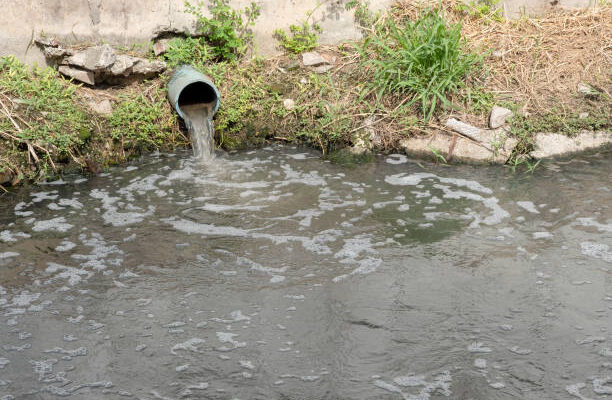Introduction
Liquid waste management plays a critical role in safeguarding public health and preserving our environment. As our population grows and urbanization expands, the proper handling and disposal of liquid waste, also known as wastewater or sewage, become increasingly important. In this article, we will explore the significance of sustainable liquid waste management and the measures we can take to ensure a cleaner and healthier future.
The Challenges of Liquid Waste
Liquid waste comprises a complex mixture of water, organic matter, chemicals, and contaminants that can pose serious threats if not managed effectively. Improper disposal of liquid waste can contaminate water bodies, leading to the spread of waterborne diseases and the destruction of aquatic ecosystems. Additionally, untreated liquid waste can contribute to the depletion of freshwater resources and exacerbate the global water crisis.
The Importance of Sustainable Management
Implementing sustainable liquid waste management practices is essential for mitigating these challenges. By adopting a holistic approach that focuses on collection, treatment, and disposal, we can minimize the negative impacts of liquid waste on our environment and public health.
1. Collection: Efficient collection systems, such as centralized sewage networks or on-site treatment systems like septic tanks, are crucial for proper liquid waste management. Regular maintenance and monitoring of these systems ensure that waste is effectively transported to treatment facilities, preventing leaks and contamination.
2. Treatment: Treatment processes play a vital role in removing contaminants and pollutants from liquid waste. Advanced technologies, including physical, chemical, and biological treatment methods, can effectively remove solids, organic matter, and harmful substances. Investing in research and development of innovative treatment technologies can enhance efficiency and reduce the environmental footprint of liquid waste management.
3. Reuse and Recycling: Treating liquid waste to a suitable standard allows for its safe reuse in various non-potable applications. Treated wastewater can be utilized for irrigation, industrial processes, or even replenishing groundwater resources. Embracing these opportunities for recycling and reuse reduces the burden on freshwater resources and promotes a more sustainable approach to liquid waste management.
4. Public Awareness and Education: Raising public awareness about the importance of proper liquid waste management is crucial. Educating individuals, businesses, and communities about the impacts of improper disposal practices and promoting water conservation can significantly reduce the generation of liquid waste. Encouraging responsible behavior and providing information on available resources and facilities will empower individuals to contribute to sustainable liquid waste management.
Conclusion
Sustainable liquid waste management is a pressing global concern that requires immediate attention. By implementing comprehensive strategies that encompass collection, treatment, and disposal, we can minimize the environmental and health risks associated with liquid waste.
It is our collective responsibility to embrace sustainable practices, invest in research and innovation, and educate ourselves and others about the importance of proper liquid waste management.
Together, we can create a cleaner, healthier, and more sustainable future for generations to come.
– Areoye Folashade
Mass Communication Department (21mc1059),
Prince Abubakar Audu University Anyigba, Kogi State.




